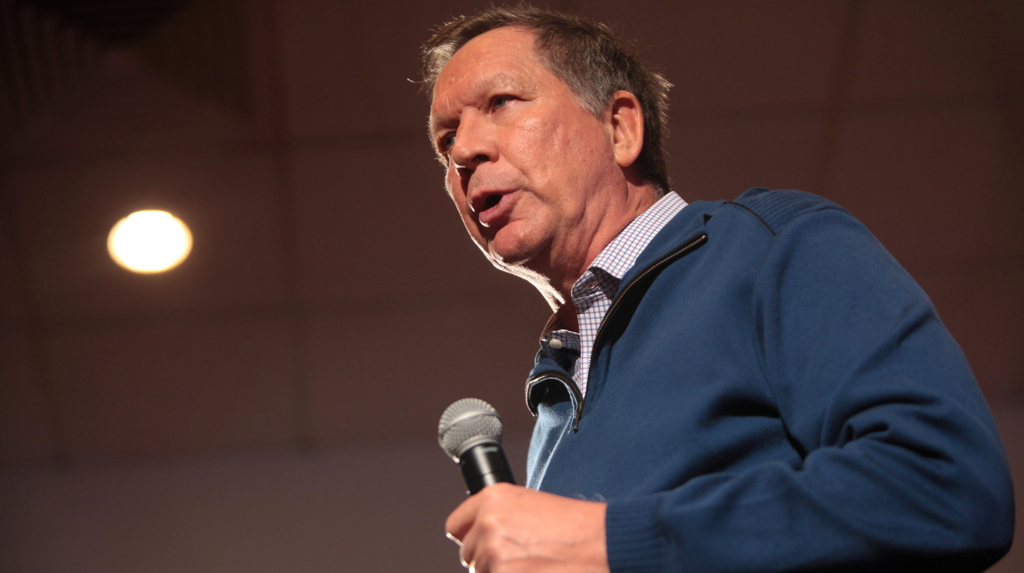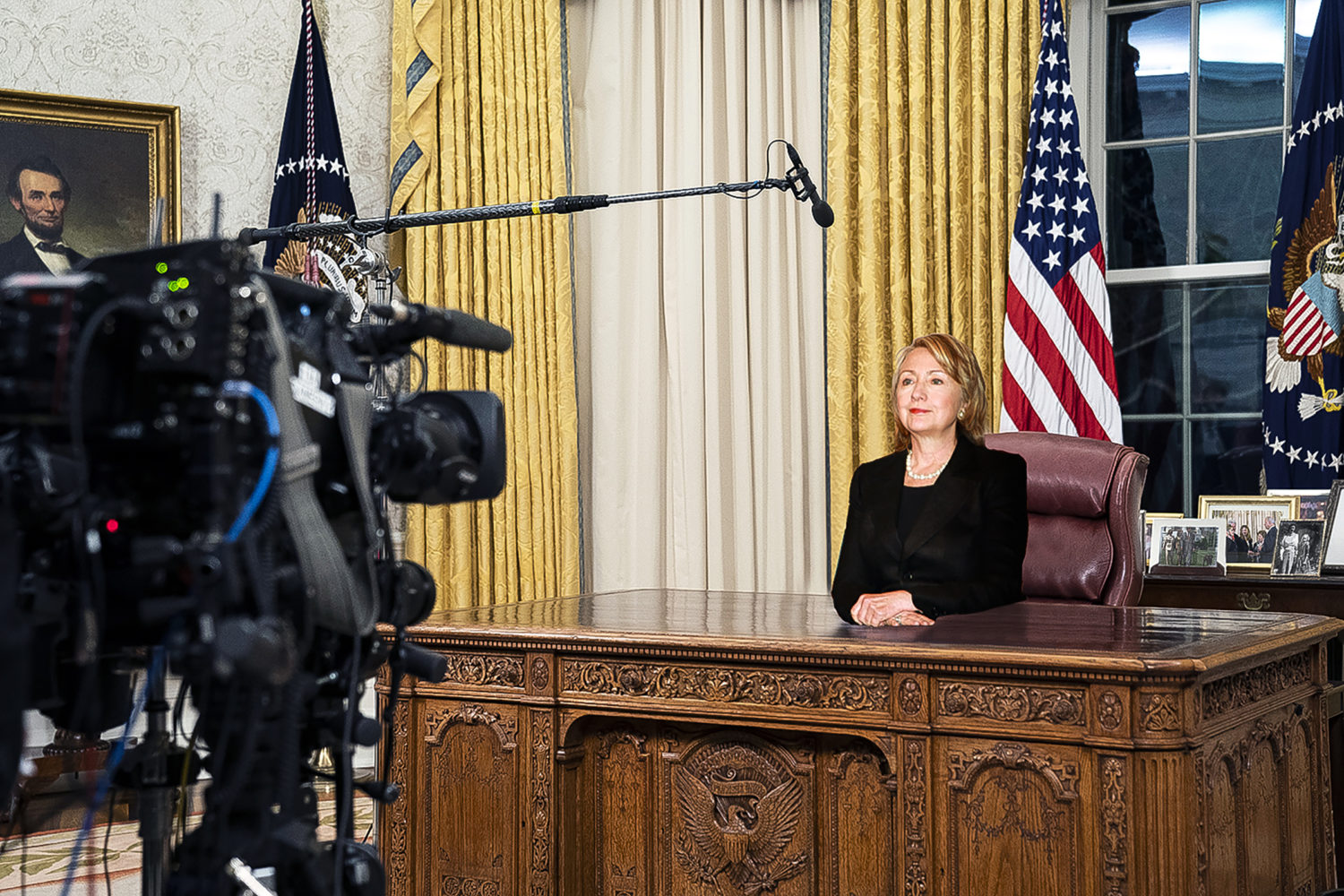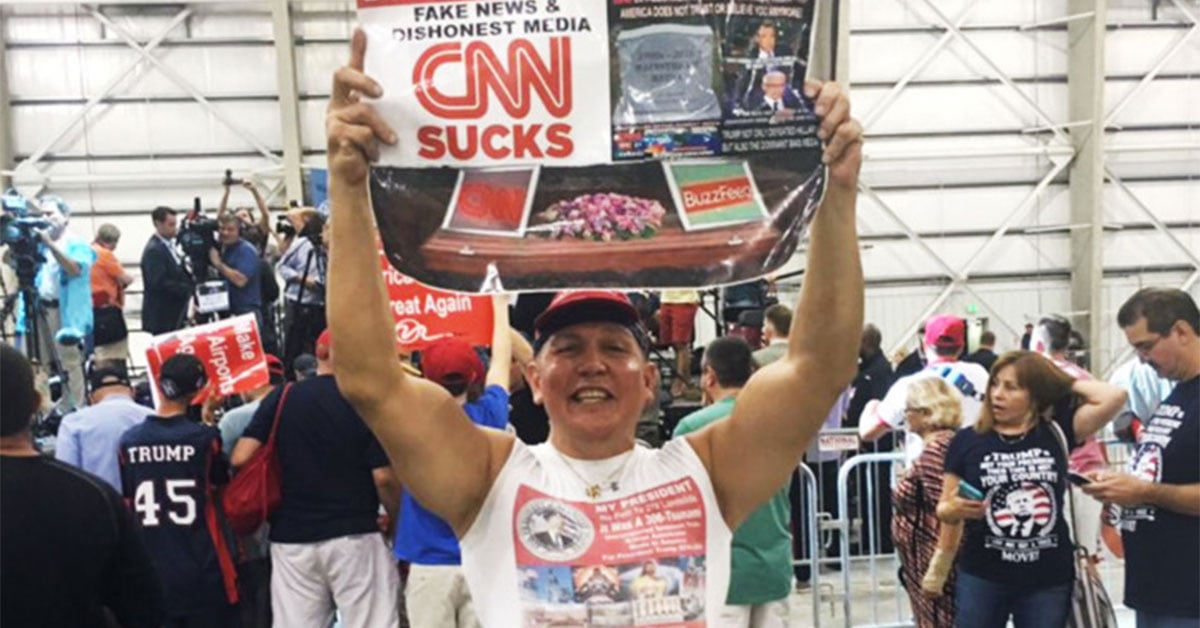Ohio Governor John Kasich boasted to a Fairfax crowd that came out Monday morning to hear his pitch for the Republican presidential nomination that his political career was launched thanks to “women who left their kitchens.”
Kasich, visiting the commonwealth ahead of its March 1 primary, was telling supporters about his first election to the Ohio state senate in 1978.
“Nobody was—I didn’t have anybody for me,” Kasich said. “We just got an army of people, who, and many women who left their kitchens to go out and go door to door and to put yard signs up for me. All the way back, when—you know things were different.”
Whether Kasich’s reference to when “things were different” was a jab at the evolution of campaign tactics over nearly 40 years or shifts in US domestic habits, the line is pretty freighted in dated gender norms for a guy who is supposedly presenting himself as the friendly moderate in this year’s Republican primary. But he also said it a day after signing an Ohio bill that prohibits the state government from entering contracts for any health services with organizations that perform abortions—effectively stripping Planned Parenthood of more than $1 million in funding for HIV prevention and women’s health services.
While Kasich’s “kitchens” line got a round of applause, it wasn’t a hit with everyone at the George Mason University rally. “First off, I want to say about your comment earlier about the women came out of the kitchen to support you,” a woman in the crowd said, “I’ll come to support you, but I wont be coming out of the kitchen.”
Kasich might do well to remember that response. A state like Virginia will be vital for the Ohio governor if he has any chance left of vaulting into the top tier of candidates, currently occupied by Donald Trump, Ted Cruz, and Marco Rubio. While he was barely a presence in Iowa or South Carolina, Kasich’s second-place finish in the New Hampshire supposedly gave his campaign legs. But speaking in dated tropes isn’t a surefire way to gain momentum.
In the cover story of the new issue of New York, Rebecca Traister makes the convincing argument that single females are the most powerful voting bloc in US politics today—women who were never married, widowed, divorced, or separated made up 23 percent of the 2012 electorate, a figure that has only expanded since then. This trend line may more impactful in a general election than a GOP primary, but it can’t be ignored in the early stages of an election, Traister writes:
Beyond whether you regard this shift as dangerous or thrilling, it is having a profound effect on our politics. While they are not often credited for it, single women’s changed circumstances are what’s driving a political agenda that seems to become more progressive every day. The practicalities of female life independent of marriage give rise to demands for pay equity, paid family leave, a higher minimum wage, universal pre-K, lowered college costs, more affordable health care, and broadly accessible reproductive rights; many of these are issues that have, for years, been considered too risky to be central to mainstream Democratic conversation, yet they are policies today supported by both Democratic candidates for president.
At the state level, Virginia is as good a test case as any. Governor Terry McAuliffe likely owes his job to single women. While he beat Republican nominee Ken Cuccinelli by a 9-percentage point margin among all women in 2013, he won single women by 42 points; unmarried voters made up about one-third of the electorate that year.
Traister’s article reminds readers at several points that Republicans in general remain hostile to many of the policies that would improve the lives of this huge voting bloc, but if the response Kasich got in Fairfax on Monday is any indicator, GOP candidates might want to reconsider their opposition, or at least drop their “kitchen” anecdotes.
“Between what he said today and what he signed yesterday it shows a level of tone-deafness to women who will literally decide the election,” says Page Gardner, the president of the Voter Participation Center, which works to get more unmarried women active in politics. “I think that it shows he frankly doesn’t get it. Women weren’t ‘coming out of their kitchens’ in the 1950s. The notion that they were coming out of their kitchens with wooden spoons is just insulting.”



















